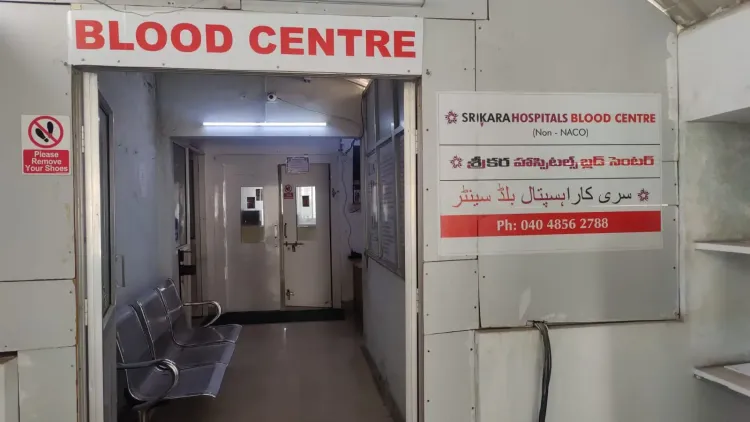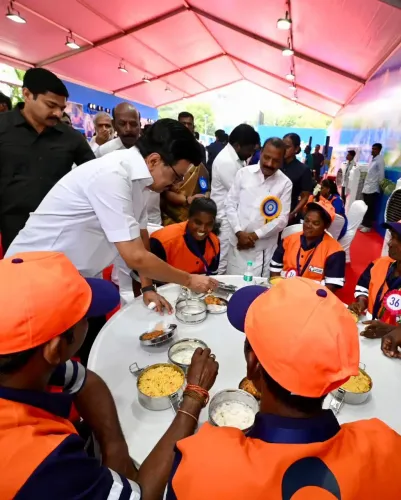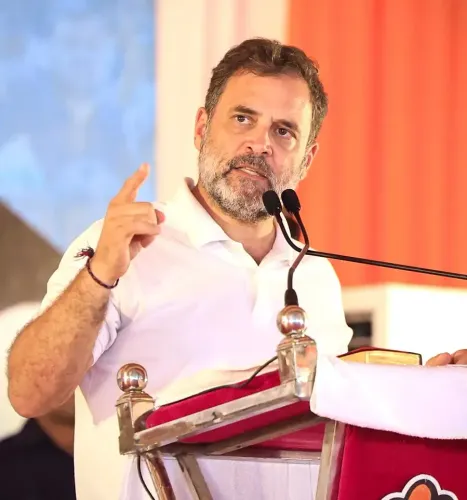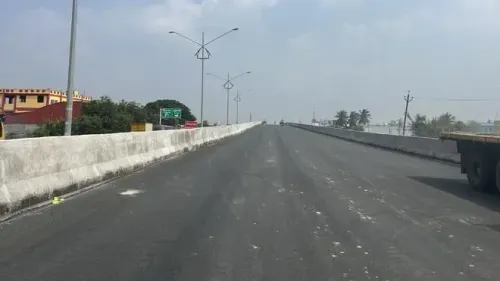Delhi High Court Responds to PIL on Blood Bank Hours

Synopsis
Key Takeaways
- The PIL targets the restrictive hours of blood banks.
- Advocates are seeking 24/7 blood donation accessibility.
- Limited hours hinder volunteer donors and NGOs.
- Professional obligations prevent timely donations.
- Urgent need for flexible donation schedules highlighted.
New Delhi, March 26 (NationPress) The Delhi High Court on Wednesday consented to review a public interest litigation (PIL) that highlights the challenges faced by blood donors due to 'restricted' operational hours of blood banks, which are typically until 4 p.m. or 5 p.m.
The PIL requests guidance for the Centre to implement measures that would make blood donation services available 24/7 instead of adhering to current limitations.
A bench comprising Chief Justice DK Upadhyaya and Justice Tushar Rao Gedela issued a notice seeking the response from the Union Ministry of Health & Family Welfare regarding this issue.
The plea, presented by advocate Vishal Arun Mishra, emphasized that numerous volunteer donors and NGOs are unable to assist patients because of the limited hours imposed by hospitals, particularly government-run facilities.
“For instance, the petitioner, who is an Advocate-On-Record, must remain present in court until 5:00 to 5:30 p.m. Consequently, whenever he receives a call during working hours, he has to decline due to his professional commitments,” the petition stated.
It further pointed out that the blood donation hours at New Delhi’s Safdarjung Hospital are restricted to 9 a.m. to 4 p.m., while AIIMS, Delhi, operates from 9 a.m. to 6 p.m., Monday through Friday, posing significant challenges for volunteers who wish to donate blood within these time constraints, especially given their professional duties.
“Even though blood banks function around the clock, the actual blood donation services are only available during limited hours, creating obstacles for donors and potentially compromising patient care. This concern is also prevalent in private hospitals, which have implemented similar restrictive schedules, worsening the situation,” the petition articulated.
The plea highlighted the urgent necessity for a more adaptable blood donation timetable to assure the prompt availability of blood for medical treatments, accommodating the busy schedules of the petitioner and others in comparable positions.
“There have been numerous instances where patients were unable to receive timely treatment due to the unavailability of blood donations,” the petition added.
The PIL is anticipated to be scheduled for its next hearing on July 9.









